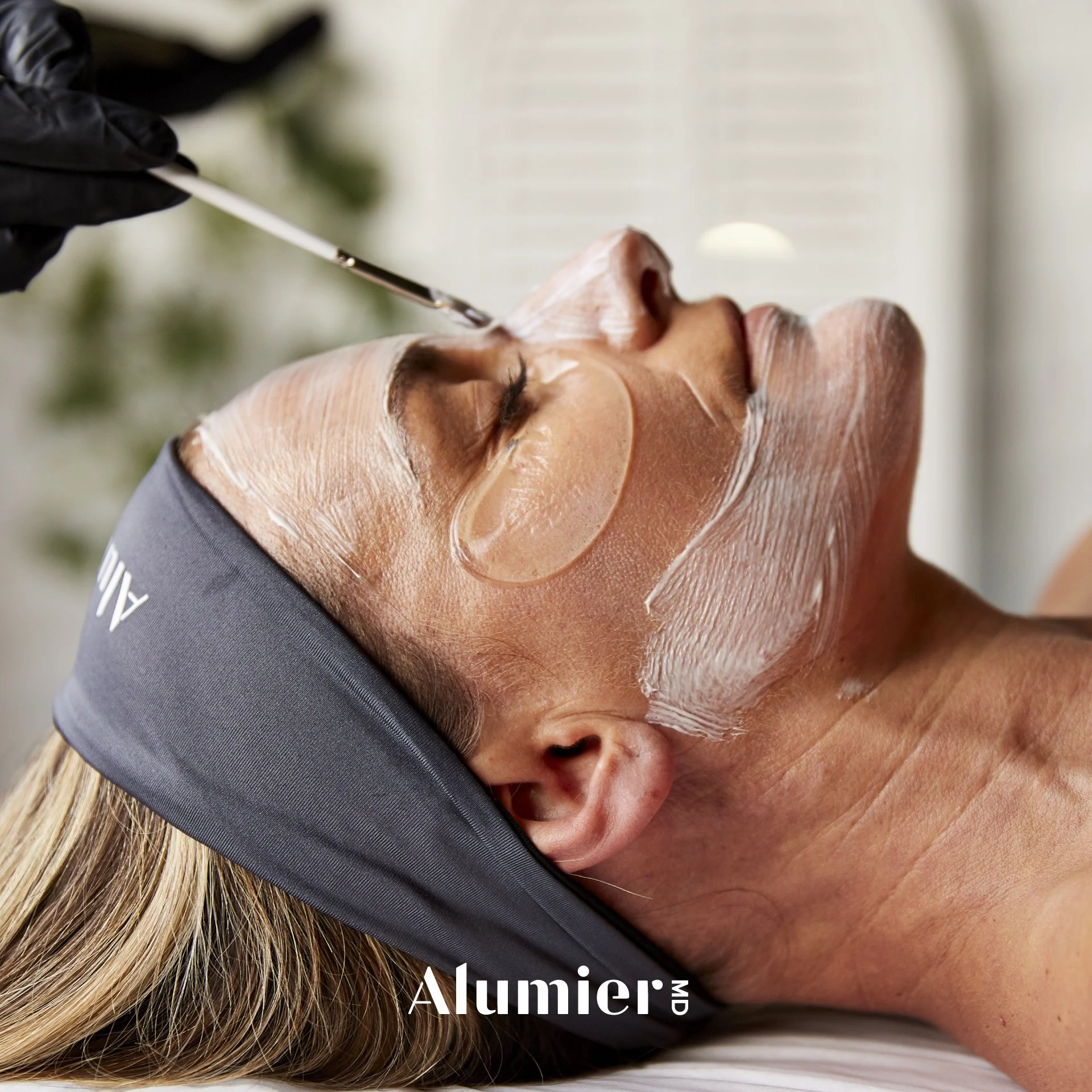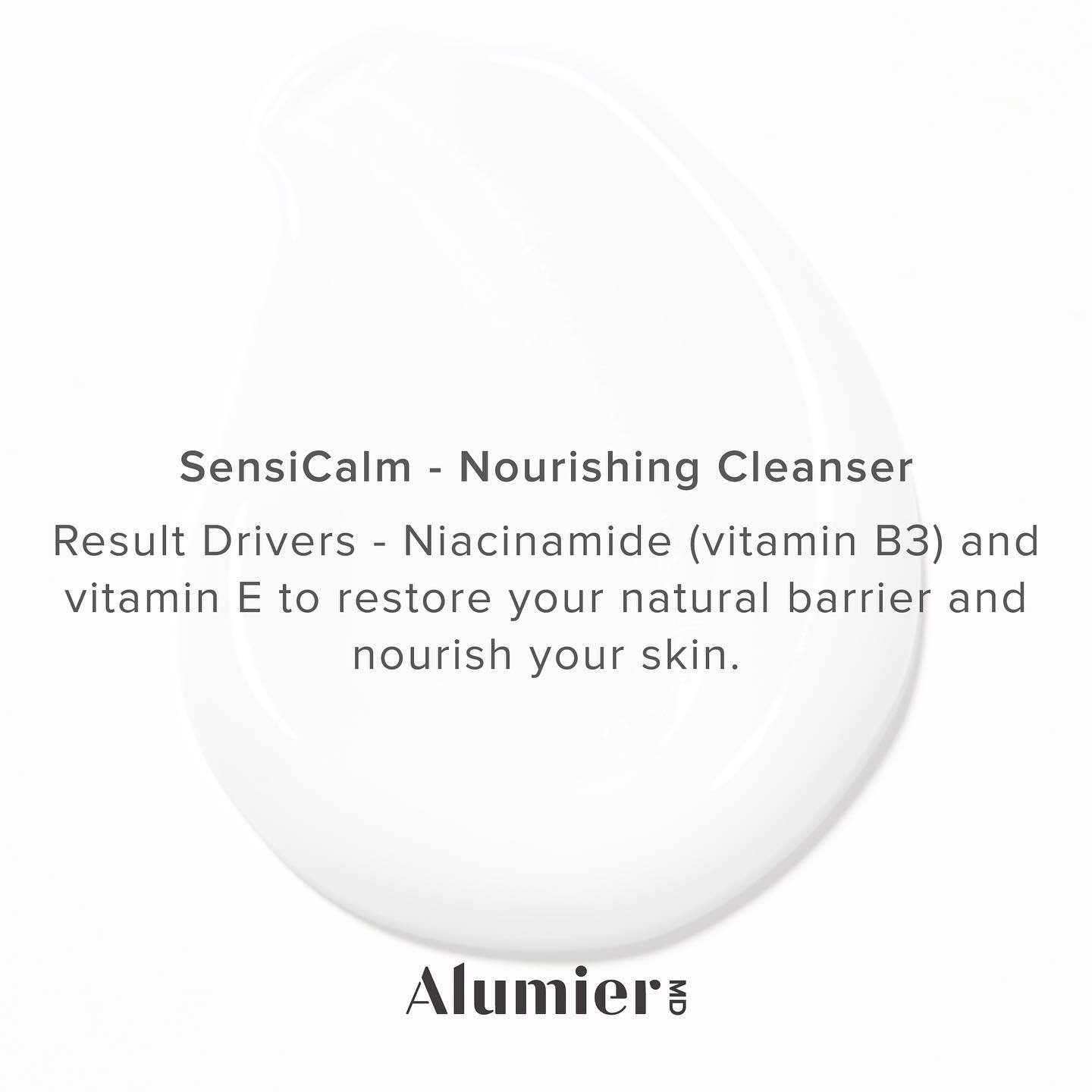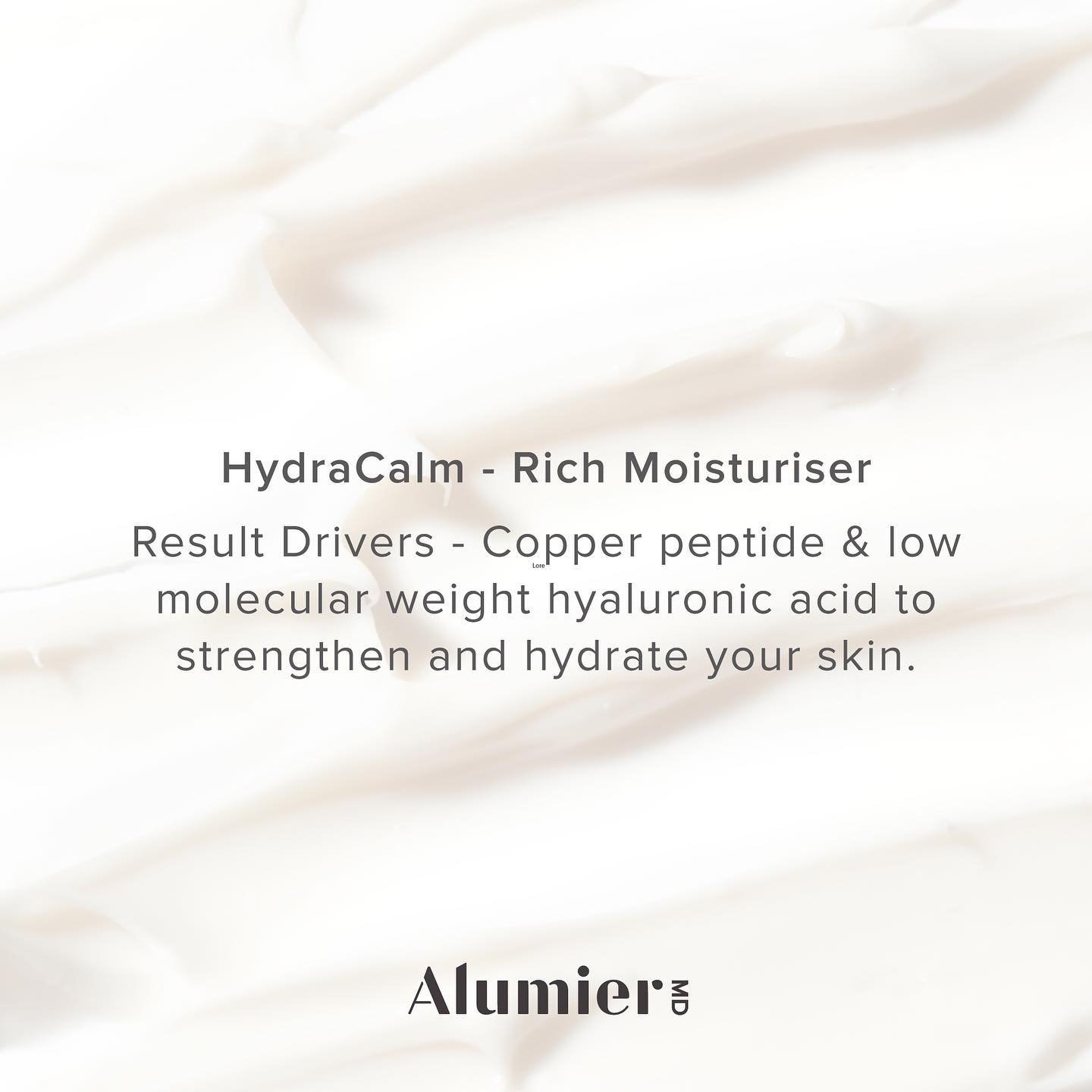What is Rosacea?
Rosacea is a common skin condition that causes blushing or flushing and visible blood vessels in your face. It may also produce small, pus-filled bumps. These signs and symptoms may flare up for weeks to months and then go away for a while. Rosacea can be mistaken for acne, other skin problems or natural ruddiness.
Rosacea can affect anyone. But it's most common in middle-aged white women.
There isn't a cure for rosacea, but treatments and the right products can help you manage the redness, bumps, and other symptoms.
The cause of rosacea is unknown, but it could be due to an overactive immune system, hormones, heredity, environmental factors or a combination of these. Rosacea is not caused by poor hygiene and it's not contagious.
Eat more anti-inflammatory foods such as kale, ginger, and avocados, that are high in antioxidants and B vitamins such as niacinamide. Wear sunscreen regularly, or whenever you go outside, to prevent rosacea flare-ups from sun exposure and UV rays.
Here are some tips:-
Cleanse your face twice a day — very gently.
Apply the cleanser gently with your fingertips, using a circular motion.
Rinse off the cleanser with lukewarm water and flannel. You want to thoroughly remove the cleanser. If some of the cleanser stays on your skin, it can cause irritation.
Pat your face gently with a clean, cotton towel.
Moisturize every day. Moisturizing helps hydrate your skin by trapping water in your skin. This can reduce irritation and make your skin feel more comfortable.
Protect your skin from the sun year round. The sun can worsen rosacea. This is so common that it’s actually one of the most frequent causes of a rosacea flare-up. Even people with dark skin can have a rosacea flare-up after being outdoors in the sun.
Choose rosacea-friendly skin care products. When you have rosacea, many skin care products and cosmetics can irritate your skin. While gentle cleansing, moisturizing, and sun protection can help reduce this sensitivity, you also want to choose your skin care products and makeup carefully.
You may want to avoid anything that contains:Alcohol
Camphor
Fragrance
Glycolic acid
Lactic acid
Menthol
Sodium laurel sulfate (often found in shampoos and toothpaste)
Urea
Test skin care products and makeup before applying them to your face. If you’ve never tried a product or it seems that everything you apply to your face stings, testing can help. To test a product, dab a small amount near (but not on) your rosacea-prone skin. If it irritates your skin (burning, stinging, etc.) within 72 hours, you know not to use it.
Be gentle with your skin. Anything that irritates your skin can worsen rosacea. To prevent this, you want to avoid rubbing or scrubbing your face. That means no washcloths, facial sponges, or exfoliating.
Making these tips a part of your skin care routine can help you take better care of your rosacea-prone skin.
If you have trouble finding skin care products or makeup that doesn’t irritate your skin, we can assist you. We can examine your skin and recommend products for your skin’s specific needs.
Treatments available at Beauty with Sarah:
LED light therapy
Alumier MD skin treatments
ACP red vein treatment
IPL light therapy
Skin consultation (£50 redeemable on the Alumier skincare products)
CALL THE SALON TO BOOK A SKIN CONSULTATION - 01706 210111
Supporting information about Rosasea can be found here:






